The Shanghai Cooperation Organization (SCO) summit was held from August 31 to September 1, 2025, in Tianjin, China, where President Xi Jinping hosted over 20 world leaders. Analysts widely saw the summit as a demonstration of solidarity among the Global South and as a platform for diplomatic support for Russia. It was attended by Russian President Vladimir Putin, Indian Prime Minister (PM) Narendra Modi, Pakistani Prime Minister Shahbaz Sharif and leaders from Central Asia, the Middle East, South Asia and Southeast Asia, highlighting the SCO’s growing geopolitical significance.
The summit was considered highly important as it brought together several states involved in conflicts: Russia’s war in Ukraine for the past three years, Iran’s 12-day conflict with Israel and the 2025 standoff between Pakistan and India. However, this gathering offered an important opportunity for these countries to engage diplomatically, explore new alliances and address regional and global adversaries.
Modi visited China after a seven-year gap, setting the stage for high-level engagement with Xi. His trip was significant as it reflected ongoing efforts to reset bilateral relations following the deadly border clashes in 2020, which had represented the worst period of hostility between the two countries in over four decades. In the past, PM Modi held meetings with Xi and Putin during the BRICS summit in Kazan. At the time, Western leaders had distanced themselves from Putin over the war in Ukraine.
During the summit, the world watched the trilateral talks involving Russia, India and China. Analysts suggested the Chinese president effectively used the summit to showcase a post-American-led international order, highlighting that the efforts by the White House since January to counter China, Iran, Russia and India had not achieved their intended effect. In this context, India also had the opportunity to pursue alternative partnerships, strengthen ties with China and Russia, and expand its strategic space following past sanctions under the Trump administration.
History of the SCO
Leaders from Asia, Europe and Africa convened in the northern Chinese port city of Tianjin for the largest-ever SCO summit, setting the stage for the bloc’s development over the next decade. Originally established to address regional security concerns, the SCO has, over its 24-year evolution, grown into a comprehensive organization representing nearly half of the world’s population, a quarter of the global landmass and a quarter of global GDP.
The SCO traces its roots to the “Shanghai Five” mechanism in 1996, when China, Russia, Kazakhstan, Kyrgyzstan and Tajikistan came together to manage border security after the Cold War. On June 15, 2001, the SCO was formally established with Uzbekistan joining as the sixth member. What began as a regional security grouping has expanded with the accession of India, Pakistan, Iran and Belarus, now comprising ten member states, along with two observer states and 14 dialogue partners.
Sharif traveled to China to attend the SCO Heads of State Summit in Tianjin. During the summit, PM Sharif met with key world leaders, including Putin and Turkish President Recep Tayyip Erdogan. He was also scheduled to attend the military parade in Beijing on September 3, 2025. Meanwhile, Modi visited Japan and China from August 28 to September 1, 2025, to attend the 15th India–Japan Summit and the 25th SCO meeting.
Notably, Japan’s top trade negotiator Ryosei Akazawa canceled a planned visit to the United States before Modi’s trip, signaling the emergence of new alliances aimed at countering the ongoing trade tensions. Modi’s visit aimed to strengthen India–Japan relations, discuss global peace and hold sideline meetings at the SCO Summit with other leaders.
SCO failures
Unfortunately, the SCO summit failed to provide a platform for dialogue between the two nuclear-armed neighbors, India and Pakistan. However, the Tianjin Declaration strongly condemned terrorism in member states, such as the terrorist attack in Pahalgam on April 22, 2025, as well as the terrorist attacks on Jaffer Express on March 11, 2025, and in Khuzdar on May 21, 2025. In addition, the Russia-India-China (RIC) trilateral was in the spotlight, particularly after US President Donald Trump imposed trade tariffs affecting multiple countries, with India being among the most impacted.
In response, India sought out alternatives by deepening strategic and economic ties with Russia and China. Moreover, the Tianjin Declaration also announced the creation of the SCO Development Bank, a joint security center and support for peace in Afghanistan. It also called for UN reforms to reflect modern realities and condemned the violence in Gaza.
In a nutshell, the 2025 SCO Summit in Tianjin highlighted the organization’s increasing influence in shaping a multipolar world. By bringing together regional powers engaged in conflicts, facilitating trilateral and strategic partnerships, and advancing initiatives like the SCO Development Bank and joint security measures, the summit highlighted the bloc’s potential to offer alternative frameworks for global cooperation. While dialogue between India and Pakistan remained limited, the summit reinforced the SCO’s role as a platform for diplomacy, regional stability and strategic realignments beyond the traditional Western-led order.
[Zania Morgan edited this piece.]
The views expressed in this article are the author’s own and do not necessarily reflect Fair Observer’s editorial policy.
Support Fair Observer
We rely on your support for our independence, diversity and quality.
For more than 10 years, Fair Observer has been free, fair and independent. No billionaire owns us, no advertisers control us. We are a reader-supported nonprofit. Unlike many other publications, we keep our content free for readers regardless of where they live or whether they can afford to pay. We have no paywalls and no ads.
In the post-truth era of fake news, echo chambers and filter bubbles, we publish a plurality of perspectives from around the world. Anyone can publish with us, but everyone goes through a rigorous editorial process. So, you get fact-checked, well-reasoned content instead of noise.
We publish 3,000+ voices from 90+ countries. We also conduct education and training programs
on subjects ranging from digital media and journalism to writing and critical thinking. This
doesn’t come cheap. Servers, editors, trainers and web developers cost
money.
Please consider supporting us on a regular basis as a recurring donor or a
sustaining member.
Will you support FO’s journalism?
We rely on your support for our independence, diversity and quality.


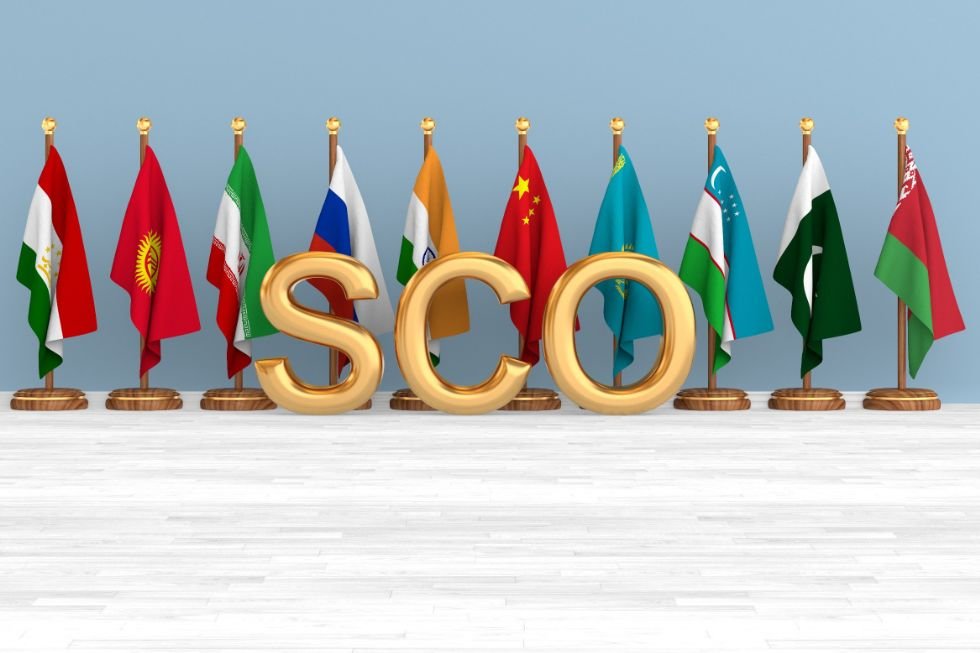
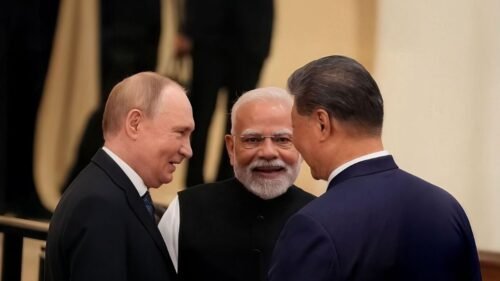
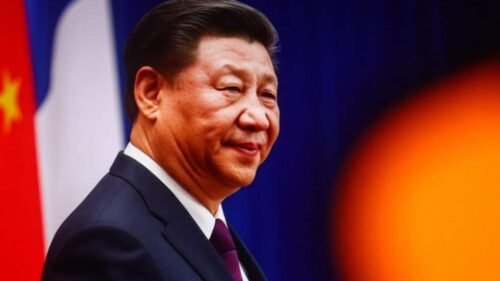
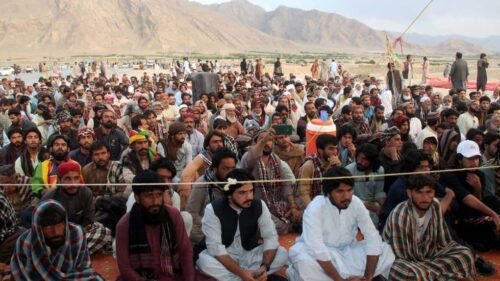


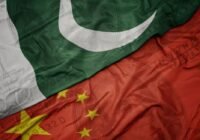


Comment